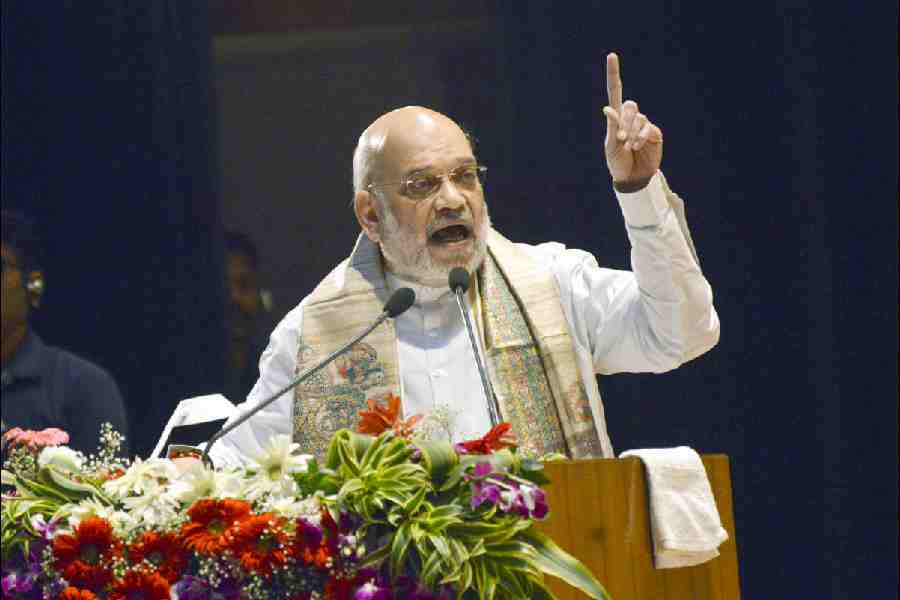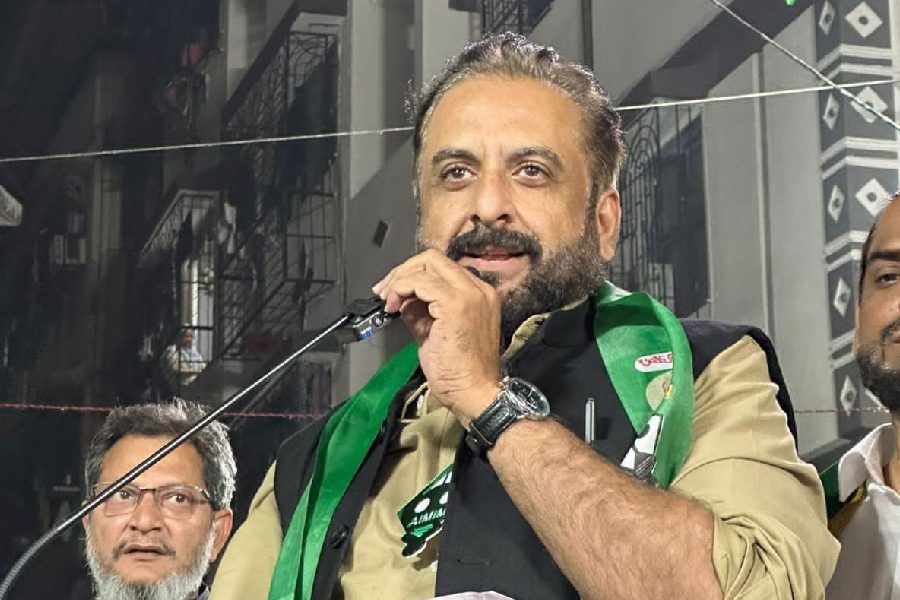Speaking in Parliament recently, the Union home minister, Amit Shah, made it clear that India will not be signing the United Nations’s Refugee Convention, which places a list of responsibilities on member states when it comes to their handling of desperate asylum-seekers. India, he said bluntly, was not a dharamshala. New Delhi, he argued, needed to place the country’s security interests first and foremost in its calculations while considering whom to allow into Indian territory. In some ways, Mr Shah’s comments are creditable for their honesty: for years, even decades, successive Indian governments across party lines have walked the ambiguous line of tightening India’s borders without explicitly ruling out the prospect of signing the UN’s refugee law. Yet, by firmly putting a lid on that question, the Narendra Modi government has betrayed the country’s centuries-old traditions, a past that the Bharatiya Janata Party otherwise loves to turn to when trying to justify many of its ideological positions.
From Parsis who fled Persia and were hosted in Gujarat — the home of Mr Modi and Mr Shah — more than a millennium ago, to Jews during the Holocaust, and Tibetans, Afghans and Sri Lankan-Tamils since Independence, India has long welcomed those in need. That approach has changed in recent years.Mr Modi’s government has tried to expel Rohingya refugees — they are Muslim — while adopting the Citizenship (Amendment) Act that creates a quicker pathway to citizenship for non-Muslim refugees from most of India’s neighbouring nations. To be sure, refugees are now treated not with empathy but with contempt by many other governments, including those of the United States of America and numerous European nations. But does the global rhetoric demonising refugees reflect facts on the ground? There is no evidence — be it in the US, Europe or India — that refugees are more likely to commit a crime or engage in acts of terrorism than citizens of these countries and regions. The hawkish stance of most nations on refugees needs to be examined in light of the fact that the number of people around the world in need of asylum elsewhere will only grow in the coming years as climate change, conflict, and widening economic inequality force families to leave their homes to survive.
Mr Shah’s comments are particularly significant because Mr Modi’s government has also enacted a new law — the Immigration and Foreigners Act, 2025 — which, critics say, effectively perceives all visitors to the country as potential threats. In addition to heavy penalties for visa violators, it sets up a system where every foreigner in India will be under constant scrutiny by the State. Bureaucrats will have the power to harass them, with limited recourse to an appeal. Refugees, an already vulnerable constituency, could be particularly susceptible to being targeted under such a mechanism. Perhaps Mr Modi’s regime should stop referring to the concept of Atithi Devo Bhava: in New India, that principle has given way to Atithi Sandigdha Bhava.










